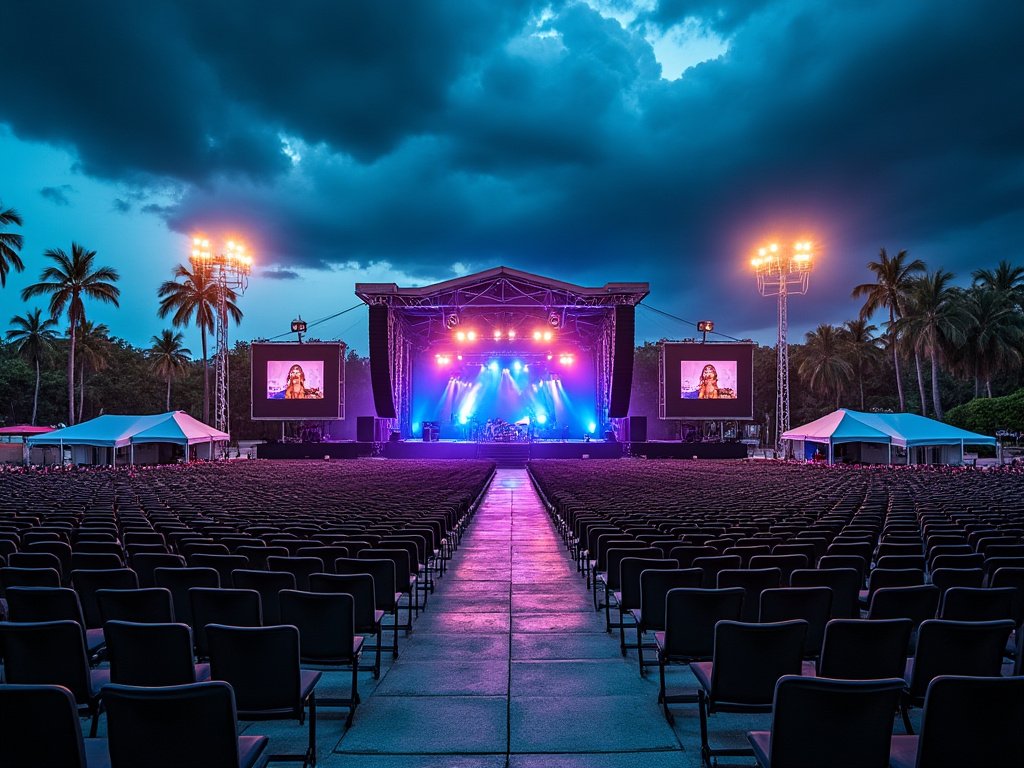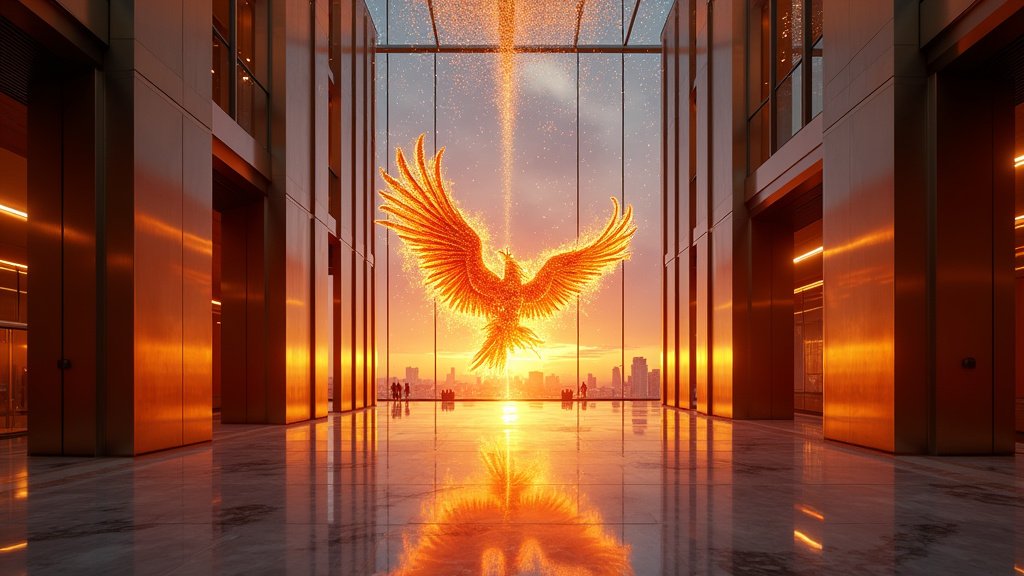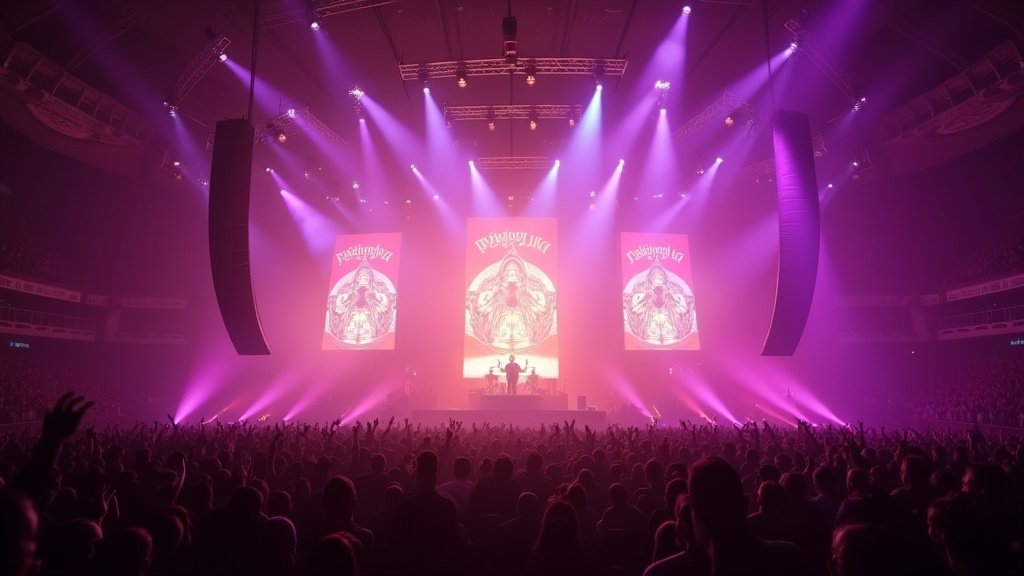When hurricanes threaten Miami, the vibrant city that never sleeps, they bring more than just wind and rain. They disrupt daily life, force businesses to close, and compel major events to be postponed or canceled entirely. In 2024, Hurricane Milton, a powerful storm system that churned across the Gulf Coast, became a stark reminder of Miami’s vulnerability to such events. With the potential for significant damage, city officials and event organizers were quick to prioritize safety over entertainment, resulting in widespread postponements.
Hurricane Milton: A Storm of Cancellations and Postponements
As Hurricane Milton loomed, Miami found itself under a series of precautionary measures, leading to the postponement of several high-profile events. The Miami Heat, for instance, had to reschedule their preseason game against the Atlanta Hawks. Initially set for October 10, the game was moved to October 16, giving the team and its fans time to deal with any aftermath from the storm. Ticket holders for the original date were offered the chance to attend the rescheduled match or seek refunds if they couldn’t make it.
Beyond the world of sports, the entertainment sector also felt the impact of the hurricane. Usher’s highly anticipated “Past Present Future” tour was postponed from its October dates to mid-December. The concerts, scheduled for October 11-14 at the Kaseya Center, were rescheduled to December 16-19, leaving fans disappointed but understanding of the need for caution. Those with tickets for the October shows were assured that their seats would be valid for the December performances.
Impact on Miami’s Cultural Scene
The storm also caused significant disruption to Miami’s cultural calendar. The city, renowned for its art festivals, concerts, and exhibitions, was forced to delay several key events. Museums, galleries, and outdoor installations were closed as a precaution, with organizers citing concerns for both public safety and the protection of valuable exhibits. The delays were an unfortunate but necessary decision, as hurricane-force winds and potential flooding posed severe risks to these cultural gatherings.
In the sporting world, several college events, such as women’s soccer matches, were similarly postponed. Schools like Florida Atlantic University had to shuffle their schedules, pushing events to mid-October, long after the storm had passed. The delays were a testament to how deeply the threat of hurricanes can disrupt the flow of the city’s diverse and active sports culture.
Navigating the Uncertainty of Rescheduling
Rescheduling events in the wake of a hurricane is no simple task. It requires coordinating new dates, ensuring ticket holders are informed, and navigating logistical challenges that come with venue availability. For instance, the Miami Heat’s decision to shift their preseason game had a ripple effect, impacting other events scheduled at the Kaseya Center. Similarly, Usher’s team had to negotiate with the venue to find new dates that would not conflict with other scheduled performances.
The impact on the city’s infrastructure also plays a significant role in the rescheduling process. Power outages, damage to public transportation systems, and road closures all factor into decisions about when and where events can be safely held. For Miami, which has a history of bouncing back quickly after hurricanes, the process can be expedited, but the uncertainty still lingers until the storm fully passes.
Community Resilience in the Face of Disruption
One of the most remarkable aspects of Miami’s hurricane preparedness is the resilience of its residents and the community at large. Even as events were postponed or canceled, local businesses and services continued to support one another. In the case of Hurricane Milton, restaurants and hotels remained open where possible, providing shelter and food for those who needed it. The city’s emergency services worked around the clock to ensure the safety of its residents, and shelters were quickly set up for those displaced by the storm.
Local officials also played a crucial role in guiding the city through the storm. Mayor Daniella Levine Cava, in particular, took the lead in ensuring that residents were informed and prepared, issuing advisories about shelter locations and evacuation procedures. The sense of unity during times of crisis is something that Miami is well-versed in, having faced numerous hurricanes over the years.
Looking Ahead: Preparing for Future Storms
As Miami continues to face the threat of hurricanes, event organizers and city officials are constantly refining their strategies for dealing with cancellations and postponements. Technology has played a key role in streamlining the communication process, with most event updates being pushed through social media channels and apps, ensuring that attendees are always in the loop. Moreover, the city has invested in strengthening its infrastructure, from improving flood control measures to upgrading public transportation to withstand extreme weather conditions.
While no one can predict exactly when the next hurricane will strike, Miami’s ability to adapt and respond has proven effective time and again. For now, the focus is on recovery, rescheduling, and ensuring that postponed events like the Miami Heat preseason games and Usher’s concerts proceed without further disruption.
FAQs
What events were postponed in Miami due to Hurricane Milton? Several high-profile events were postponed, including the Miami Heat’s preseason game against the Atlanta Hawks and Usher’s “Past Present Future” concert at the Kaseya Center.
When will Usher’s postponed Miami concerts take place? Usher’s concerts, originally scheduled for October 11-14, have been rescheduled for December 16-19 at the Kaseya Center.
How does Miami handle event rescheduling after a hurricane? Miami event organizers work closely with venues and local authorities to find new dates that fit the city’s recovery timeline. Communication with ticket holders is done via social media, email, and official websites to ensure everyone stays informed.
What measures does Miami take to prepare for hurricanes? Miami has a robust hurricane preparedness plan that includes setting up shelters, issuing evacuation orders, and coordinating with emergency services. The city also works on strengthening its infrastructure to minimize damage from hurricanes.
What should I do if I had tickets for an event postponed due to a hurricane? If your event was postponed, check the official website or contact the point of purchase for details on rescheduled dates or refund options. Most tickets remain valid for the new dates.
Will more events be canceled if another hurricane approaches? Event cancellations and postponements depend on the severity of the storm. Miami officials monitor weather conditions closely, and decisions are made to prioritize public safety.
Conclusion
Hurricanes are a fact of life in Miami, and with them come disruptions to the city’s vibrant event calendar. While these storms can bring disappointment to fans and organizers alike, they also reveal the resilience of the Miami community. The recent postponements due to Hurricane Milton are just one example of how the city comes together to navigate the challenges posed by nature. From rescheduling concerts and games to ensuring that the community stays safe, Miami’s adaptability and preparedness continue to shine through, no matter what storms may come.





